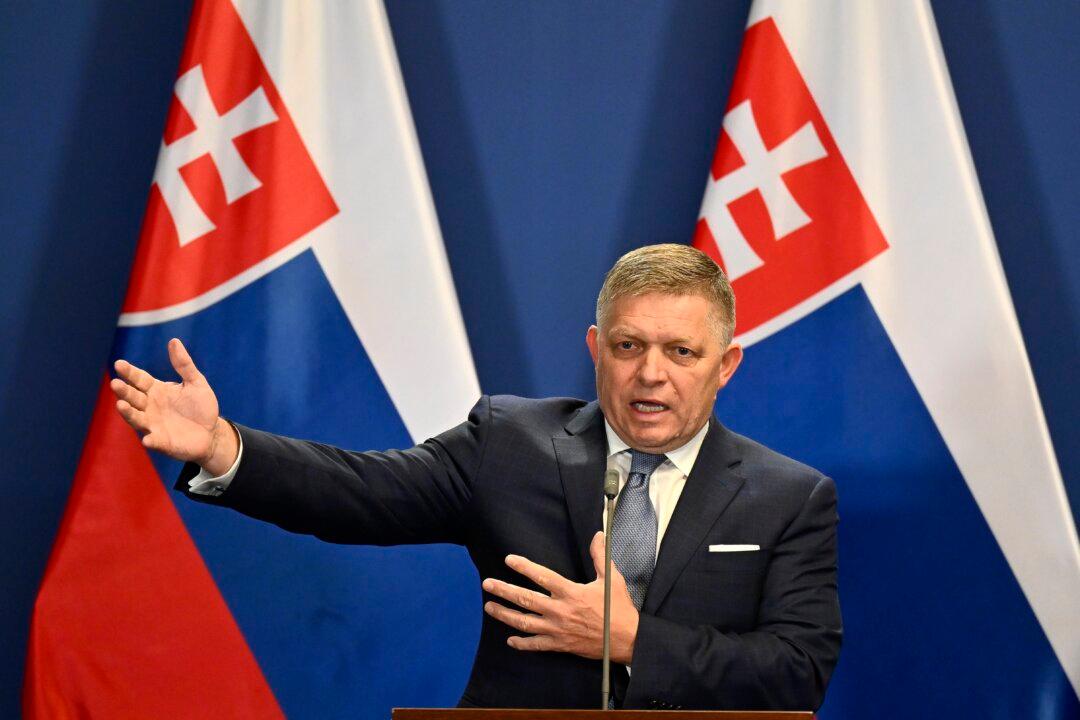The prime minister of Slovakia, Robert Fico, has visited Russian President Vladimir Putin in Moscow, in a meeting that is expected to attract criticism from Kyiv and the European Union.
Kremlin spokesman Dmitry Peskov told Russia’s state-owned RIA news agency that Fico, 59, had arrived in Russia on a “working visit” and met with Putin on Sunday evening.





